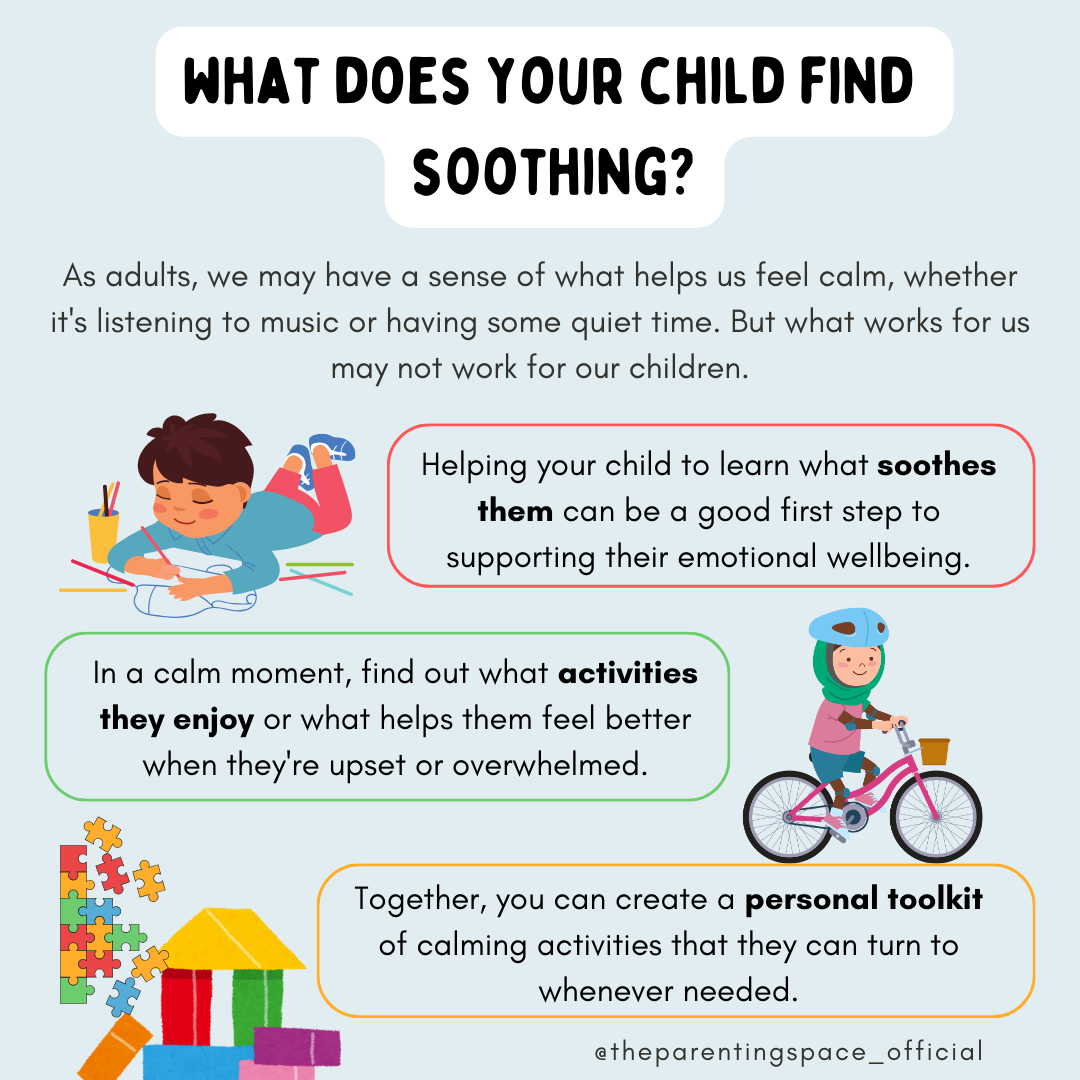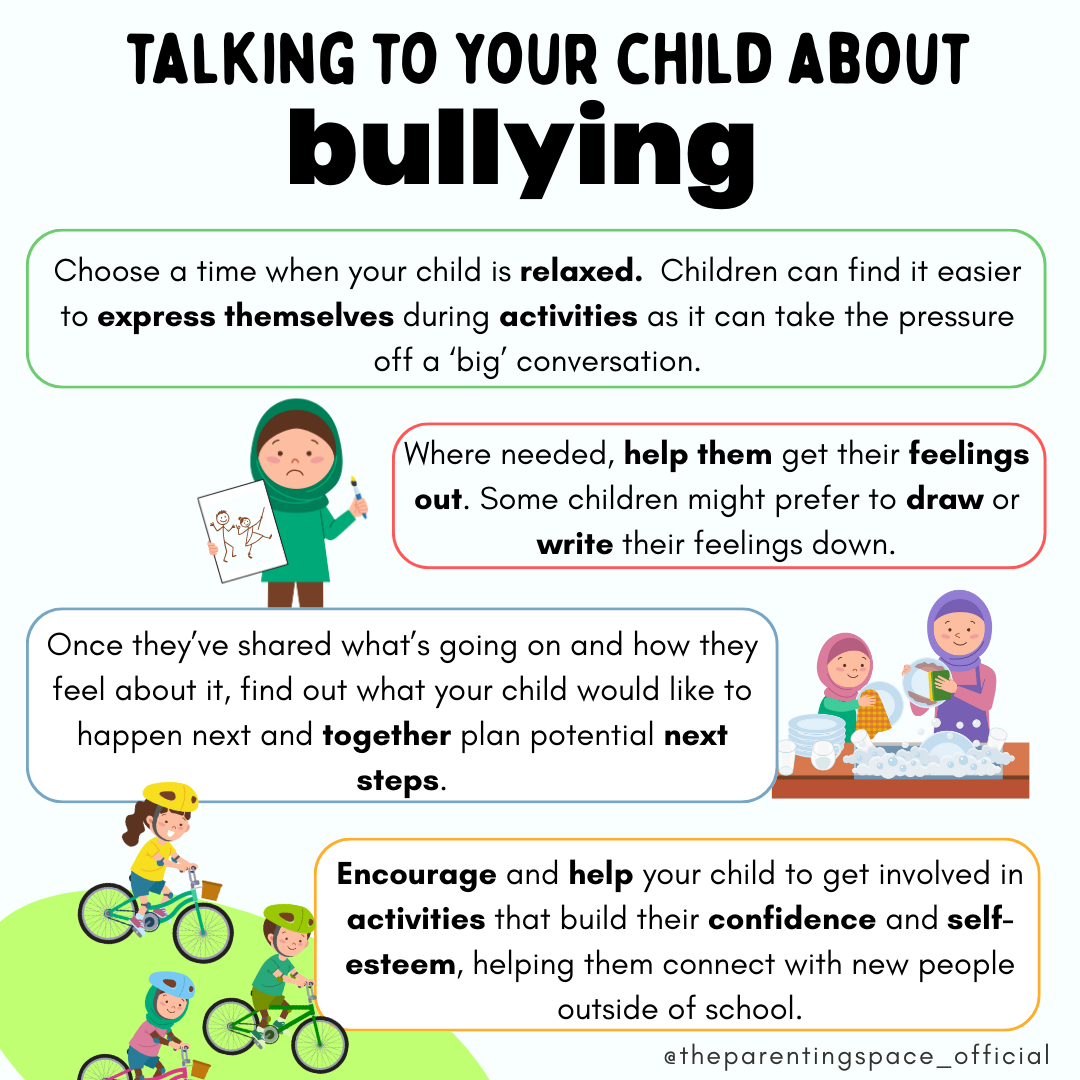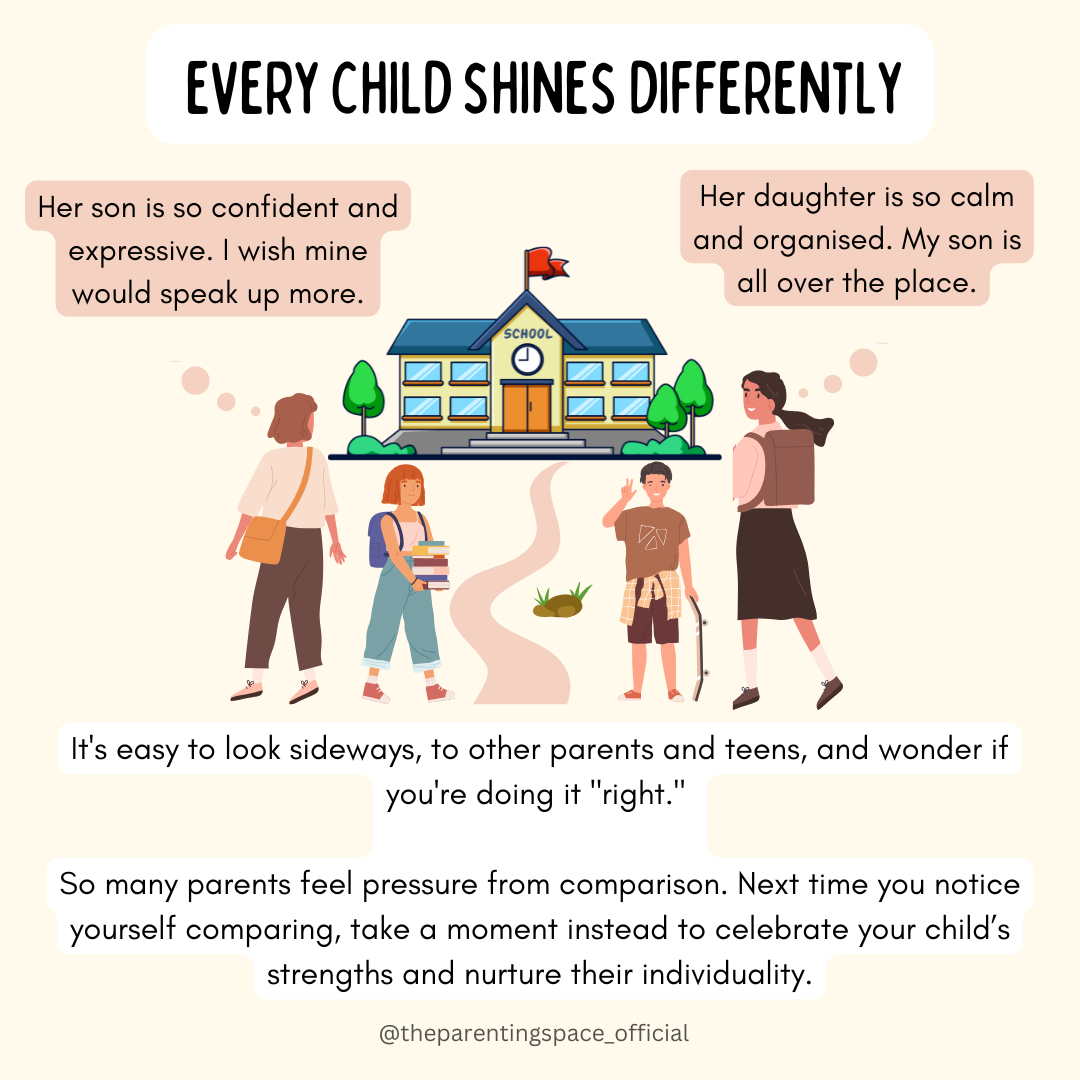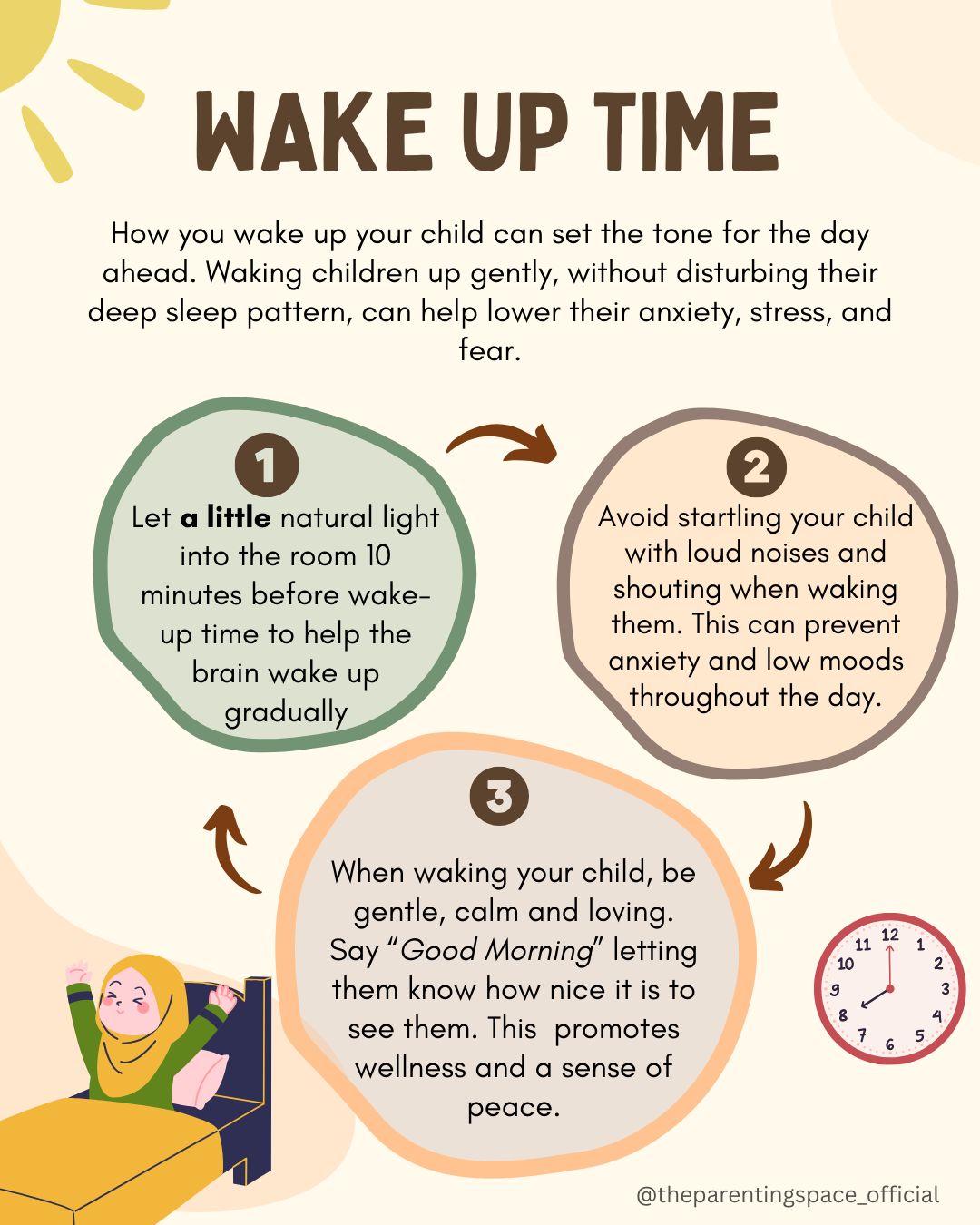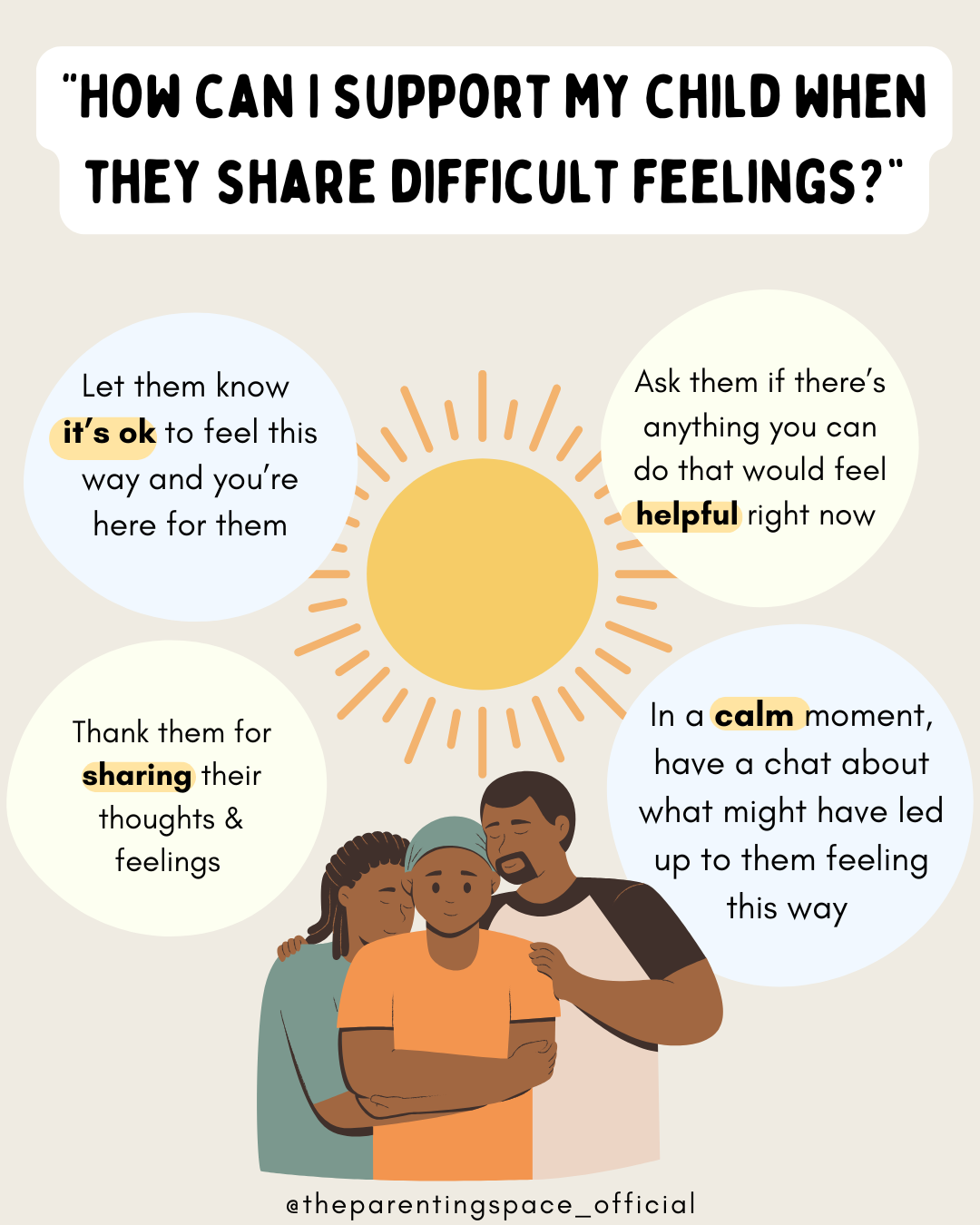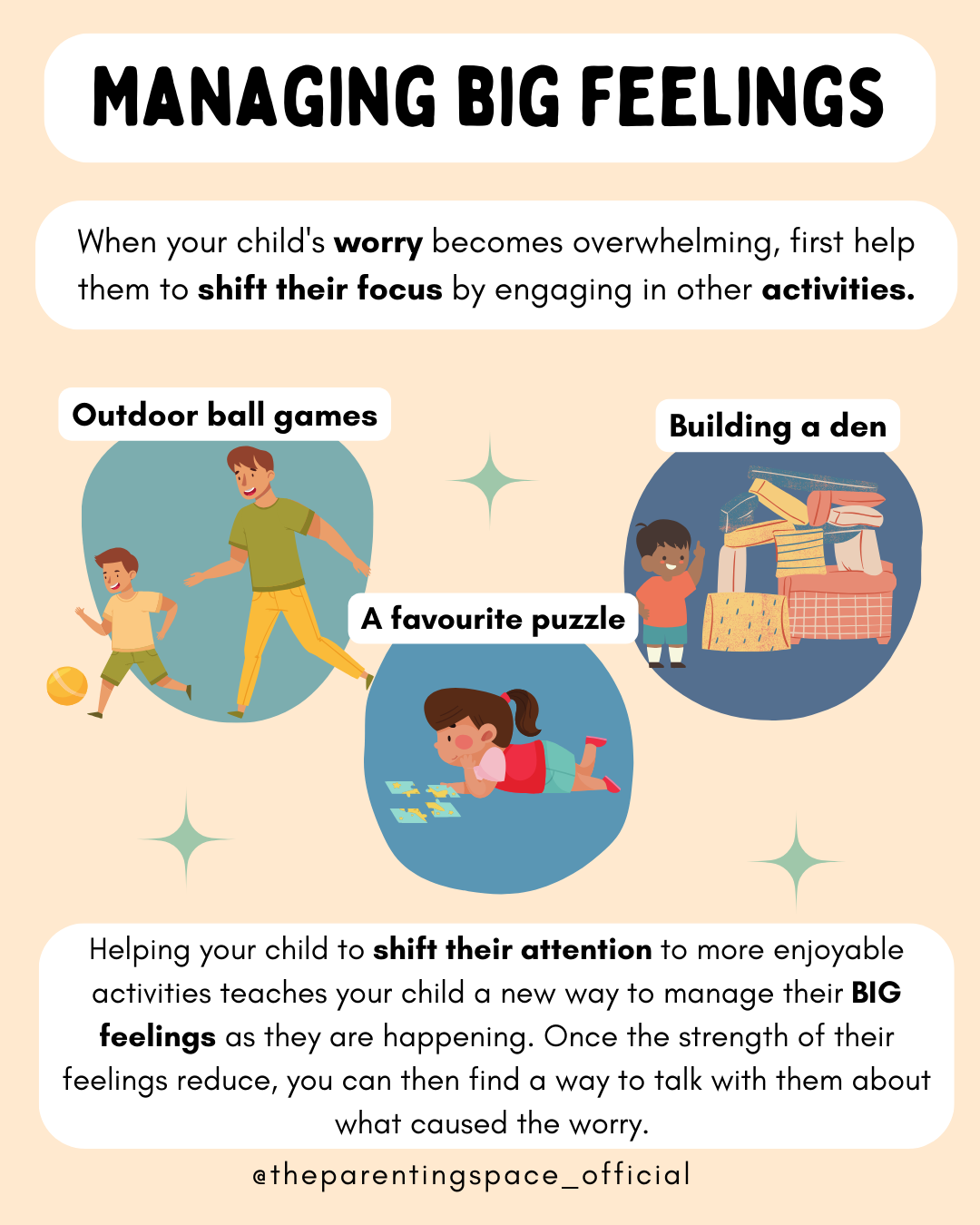What does your child find soothing?
To celebrate National Self-Care Week, we’re highlighting the value of encouraging soothing activities to support your child’s emotional well being.
To celebrate National Self-Care Week, we’re highlighting the value of encouraging soothing activities to support your child’s emotional well being.
![]()

